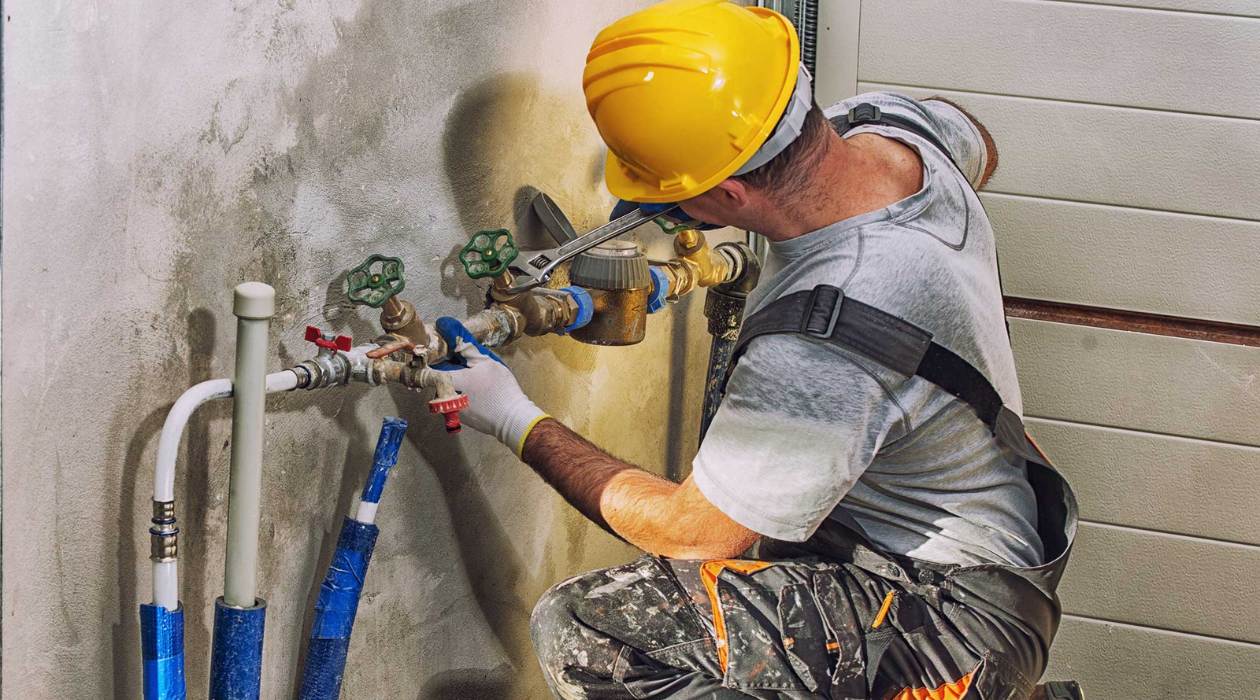

Articles
How Hard Is Plumbing
Modified: December 7, 2023
Discover articles on plumbing and find out how hard plumbing really is. Learn the basics and explore advanced techniques in our extensive collection of informative plumbing articles.
(Many of the links in this article redirect to a specific reviewed product. Your purchase of these products through affiliate links helps to generate commission for Storables.com, at no extra cost. Learn more)
Introduction
Plumbing is an essential trade that plays a vital role in ensuring the proper functioning of our homes and businesses. From fixing leaky faucets to installing complex piping systems, plumbers are the unsung heroes who keep our water flowing smoothly. While many people recognize the importance of plumbing, few truly understand the level of skill and knowledge required to excel in this profession.
In this article, we will explore the world of plumbing, shedding light on the skills and physical demands it entails, as well as the training and education opportunities available. We will also discuss the challenges faced by plumbers and the significance of their role in today’s society.
So, let’s dive in and uncover the fascinating world of plumbing!
Key Takeaways:
- Skilled plumbers are indispensable, safeguarding public health, preserving infrastructure, and providing vital services to individuals and communities. Their expertise ensures the proper functioning of our plumbing systems, contributing to a comfortable and sustainable living environment.
- Plumbing is a critical trade that plays a vital role in maintaining our homes, businesses, and communities. Skilled plumbers possess a unique combination of technical expertise, problem-solving abilities, and physical stamina.
Read more: How Hard Is Glass
What is Plumbing?
Plumbing is the system of pipes, fixtures, and other devices used to distribute and dispose of water in a building. It encompasses a wide range of tasks, including installing, repairing, and maintaining water supply systems, drainage systems, and heating systems.
One of the primary functions of plumbing is to provide clean and safe water for drinking, cooking, and bathing. This involves connecting a building to a public water supply or installing a private well system. Plumbers must be knowledgeable about water quality and ensure that the water supply is free from contaminants that could pose health risks.
Drainage systems are another important aspect of plumbing. They are responsible for removing wastewater from sinks, toilets, showers, and other fixtures and directing it away from the building. Plumbers are skilled in designing and installing drainage systems that effectively carry waste materials, preventing blockages and ensuring proper flow.
In addition to water supply and drainage, plumbing also includes heating systems such as boilers and water heaters. Plumbers are trained to install and maintain these systems to ensure they function efficiently and safely. They are knowledgeable about different types of heating systems and are skilled in troubleshooting and repairing any issues that may arise.
Plumbing work extends beyond residential buildings and encompasses commercial and industrial settings as well. Hospitals, schools, factories, and office buildings all require plumbing systems to ensure the smooth operation of their facilities.
In summary, plumbing is a multifaceted trade that involves the installation, repair, and maintenance of water supply, drainage, and heating systems. Plumbers play a crucial role in ensuring the safety, reliability, and functionality of these systems in both residential and commercial environments.
Skills and Knowledge Required for Plumbing
Being a skilled plumber requires a combination of technical expertise, problem-solving abilities, and physical dexterity. Here are some of the key skills and knowledge areas that plumbers need to possess:
- Technical Skills: Plumbers must have a strong understanding of plumbing systems and be skilled in reading blueprints, installing pipes and fixtures, and using various tools and equipment. They should be able to identify and troubleshoot plumbing issues efficiently.
- Knowledge of Plumbing Codes and Regulations: Plumbers need to be familiar with local building codes and regulations regarding plumbing installations. They must ensure that their work meets these standards to ensure safety and compliance.
- Mathematical Aptitude: Plumbing involves precise measurements and calculations. Plumbers should have a good grasp of mathematics to accurately measure and cut pipes, determine pipe slopes for proper drainage, and calculate water flow rates.
- Problem-Solving Skills: Plumbing problems can be complex and require a logical and analytical approach. Plumbers must be skilled in diagnosing the root cause of issues and finding effective solutions to fix them.
- Communication Skills: Plumbers often work as part of a team or interact with clients. Clear and effective communication is crucial for understanding requirements, explaining work processes, and providing recommendations to customers.
- Physical Stamina: Plumbing work can be physically demanding, requiring plumbers to crawl into tight spaces, lift heavy equipment, and work in uncomfortable positions. Physical stamina and strength are essential to handle the physical demands of the job.
- Attention to Detail: Plumbers must pay close attention to detail to ensure accuracy in their work. Small errors in measurements or connections can lead to significant issues down the line.
Plumbers acquire these skills and knowledge through a combination of formal education and on-the-job training. Many successful plumbers undergo apprenticeships or vocational training programs where they learn under the guidance of experienced professionals.
By having a solid foundation of skills and knowledge, plumbers can tackle a variety of plumbing tasks with confidence and deliver high-quality workmanship.
Physical Demands and Stamina Required for Plumbing
Plumbing work involves various physical demands that require plumbers to be in good physical condition and possess a certain level of stamina. Here are some of the physical aspects of plumbing that plumbers must be prepared for:
- Lifting and Carrying: Plumbers often need to lift and carry heavy equipment, pipes, and fittings. This may include carrying large water heaters, sump pumps, or lengths of pipe. Physical strength and proper lifting techniques are crucial to prevent injuries.
- Crawling and Maneuvering in Tight Spaces: Plumbers frequently work in confined areas such as crawl spaces, attics, or under sinks. They may need to crawl or contort their bodies to access pipes and fixtures. Flexibility and the ability to work in cramped spaces are essential.
- Standing and Working in Awkward Positions: Plumbers often find themselves in uncomfortable positions while working on plumbing systems. Whether it’s extending their arms into tight spaces or crouching for extended periods, plumbers need to have the stamina to maintain these positions throughout the job.
- Working at Heights: Some plumbing tasks, such as installing or repairing rooftop vent pipes, require working at heights. Plumbers must be comfortable working on ladders or scaffolding and follow proper safety procedures to minimize risks.
- Physical Endurance: Plumbers may need to carry out physically demanding tasks for extended periods, especially during large-scale installations or repairs. Endurance and stamina are vital to sustain energy levels and complete the job efficiently.
- Manual Dexterity: Plumbing work often involves intricate tasks that require precise hand-eye coordination. Plumbers must have excellent manual dexterity to manipulate small parts, tighten fittings, and make accurate connections.
To cope with the physical demands of plumbing, plumbers should maintain a healthy lifestyle, including regular exercise and proper nutrition. This helps them build and maintain the strength, flexibility, and endurance needed for their work. Plumbers also need to use proper lifting techniques and ergonomic tools to prevent strain and injury.
While plumbing can be physically demanding, it can also be rewarding. Plumbers who maintain their physical well-being can enjoy a fulfilling career that combines technical expertise with physical prowess.
Mental and Problem-Solving Skills Required for Plumbing
Plumbing is not just a physically demanding trade; it also requires a sharp mind and excellent problem-solving skills. Plumbers encounter a variety of plumbing issues and must be able to analyze and develop solutions efficiently. Here are some of the mental and problem-solving skills that plumbers need:
- Attention to Detail: Plumbers must pay careful attention to detail to accurately diagnose and troubleshoot plumbing problems. They need to observe and analyze plumbing systems, identify potential issues, and determine the most effective solutions.
- Analytical Skills: Plumbing often involves complex systems with interconnected components. Plumbers need strong analytical skills to understand how different parts interact and identify the root cause of problems.
- Critical Thinking: Plumbers must think critically to evaluate various options and choose the best course of action. They must weigh different factors such as cost, efficiency, and long-term impacts to make informed decisions.
- Problem-Solving Abilities: Plumbing issues can vary in complexity, from minor leaks to major pipe blockages. Plumbers must be skilled problem-solvers, able to find innovative solutions to resolve issues efficiently and minimize disruptions.
- Adaptability: Plumbing situations can be unpredictable, and plumbers must be able to adapt to different environments and challenges. They should be flexible in their approach and willing to learn new techniques and technologies as the industry evolves.
- Good Memory: Plumbers need to remember specific details such as pipe measurements, valve locations, and system configurations. Having a good memory helps them recall important information during troubleshooting and repairs.
- Time Management: Plumbers often need to prioritize tasks and manage their time effectively. They must be able to work efficiently while ensuring that all necessary steps are followed to complete projects or repairs within deadlines.
Developing these mental and problem-solving skills requires experience and continuous learning. Plumbers often gain expertise through on-the-job training and exposure to various plumbing challenges. They learn to think on their feet, adapt to different situations, and find creative solutions to ensure customer satisfaction.
Having strong mental and problem-solving skills allows plumbers to navigate the complexities of the trade and provide effective plumbing solutions to their customers.
Regular maintenance can help prevent major plumbing issues. Inspect for leaks, clean drains, and check water pressure to keep your plumbing in good shape.
Read more: Why Is It Hard To Declutter
Training and Education Opportunities for Plumbing
Becoming a professional plumber typically involves a combination of formal education and on-the-job training. Here are some of the training and education opportunities available for individuals interested in pursuing a career in plumbing:
- Vocational/Trade Schools: Many vocational or trade schools offer programs specifically designed for aspiring plumbers. These programs provide comprehensive training in plumbing principles, techniques, and codes. Students gain hands-on experience through simulated plumbing installations and repairs.
- Apprenticeships: Apprenticeships are a common path for plumbers to gain practical experience under the guidance of experienced professionals. Apprentices work alongside journeymen plumbers, learning the trade through on-the-job training. Apprenticeships typically last for several years and involve a combination of work hours and classroom instruction.
- Community Colleges and Technical Institutes: Many community colleges and technical institutes offer plumbing programs that combine classroom learning with practical training. These programs cover topics such as plumbing systems, codes and regulations, pipefitting, and blueprint reading.
- Online Courses: Online courses provide flexibility for individuals who want to learn at their own pace or cannot attend in-person classes. Various institutions offer online plumbing courses that cover the fundamentals of plumbing and allow students to gain knowledge remotely.
- Plumbing Trade Unions: Trade unions often have training programs for aspiring plumbers. These programs combine classroom instruction with hands-on training and provide opportunities for networking and job placement.
- Continuing Education: Plumbing professionals are encouraged to pursue continuing education to stay updated with industry advancements and changes in plumbing codes. These education opportunities may include workshops, seminars, and specialized courses on topics such as green plumbing or new technologies.
It’s worth noting that each state or country may have different licensing requirements and educational pathways for plumbers. It’s important for aspiring plumbers to research and understand the specific requirements in their region.
While formal education and training lay the foundation for a plumbing career, hands-on experience is invaluable. Plumbing apprenticeships and on-the-job training provide opportunities to work with seasoned professionals, gain practical skills, and develop a deep understanding of the trade.
By combining theoretical knowledge with practical experience, individuals can build a strong foundation for a successful and fulfilling career as a plumber.
Licensing and Certification for Plumbers
Licensing and certification are important aspects of the plumbing profession, ensuring that plumbers meet certain standards of competency and adhere to safety regulations. The specific requirements for licensing and certification vary by region, so it’s essential for plumbers to understand the regulations in their area. Here is an overview of the licensing and certification process for plumbers:
- Licensing: Many jurisdictions require plumbers to obtain a license to legally work in the trade. Obtaining a license typically involves meeting specific educational and experience requirements, passing a licensing exam, and paying the necessary fees. The licensing exam assesses the plumber’s knowledge of plumbing codes, regulations, and industry best practices.
- Journeyman License: In some regions, plumbers can obtain a journeyman license, which allows them to work independently but under the supervision of a master plumber. Journeyman plumbers have completed the required education, training, and experience to meet the licensing standards set by their local governing bodies.
- Master Plumber License: A master plumber has achieved the highest level of licensing in the plumbing profession. Master plumbers often have several years of experience as journeymen plumbers and have demonstrated their expertise in the field. They are qualified to supervise plumbing work, design plumbing systems, and obtain permits for complex projects.
- Certifications: In addition to licensing, plumbers can pursue voluntary certifications to further demonstrate their knowledge and skills. Certifications are offered by professional organizations and demonstrate a plumber’s expertise in specific areas such as backflow prevention, green plumbing, or medical gas installations. Some jurisdictions may require certain certifications for specialized plumbing work.
- Continuing Education: Once licensed, plumbers are often required to complete continuing education courses to renew their license. Continuing education ensures that plumbers stay up to date with new technologies, codes, and safety practices. It helps them maintain their competency and provide high-quality plumbing services.
Proper licensing and certification not only ensure that plumbers have the necessary skills and knowledge to perform their work safely but also provide customers with confidence in the plumber’s abilities. It’s important for aspiring plumbers to familiarize themselves with the specific licensing and certification requirements in their region and diligently pursue the necessary credentials.
By obtaining the appropriate licenses and certifications, plumbers can demonstrate their professionalism, expertise, and commitment to their trade.
Challenges and Difficulties in the Plumbing Profession
While plumbing can be a rewarding and fulfilling career, it also comes with its fair share of challenges and difficulties. Plumbers must navigate various obstacles in their daily work. Here are some of the common challenges faced by plumbers:
- Physical Demands: Plumbing work can be physically demanding, involving tasks such as lifting heavy equipment, working in confined spaces, and maneuvering in uncomfortable positions. Plumbers must have the physical stamina and strength to handle these demands on a regular basis.
- Emergency Calls: Plumbing emergencies can happen at any time, often requiring plumbers to respond quickly and work under pressure. Plumbers may need to work during evenings, weekends, and holidays to address urgent issues, disrupting personal schedules.
- Unpredictable Work Environments: Plumbing jobs can take plumbers to various locations, including residential homes, commercial buildings, and industrial sites. Each job site presents unique challenges, such as working with aged or outdated plumbing systems, dealing with unexpected complications, and adapting to different work environments.
- Dealing with Difficult Customers: Plumbers often interact with customers who may be frustrated, stressed, or anxious due to plumbing issues. Effectively communicating and resolving problems while maintaining a professional demeanor can be challenging.
- Extended Work Hours: Plumbing projects sometimes require plumbers to work longer hours or be on-call, especially during peak periods or emergencies. This can lead to fatigue and a challenging work-life balance, especially if plumbers have personal commitments.
- Continuous Learning: The plumbing industry is constantly evolving, with new technologies, materials, and regulations being introduced. Plumbers must continually update their knowledge and skills through ongoing training and education to stay abreast of changes in the industry.
- Managing Business Operations: Plumbers who run their own businesses face the additional challenges of managing administrative tasks, maintaining customer relationships, and ensuring the financial viability of their operations.
Despite these challenges, many plumbers find satisfaction in overcoming obstacles and providing essential services to their customers. They take pride in solving complex plumbing issues, improving water efficiency, and ensuring the safety and functionality of plumbing systems.
By staying resilient, adaptable, and committed to their craft, plumbers can navigate the challenges and difficulties they encounter, ensuring they continue to deliver quality service to their customers.
The Importance and Demand for Skilled Plumbers
Skilled plumbers play a vital role in society, ensuring the proper functioning of water supply systems, drainage systems, and heating systems. Here are some key reasons why skilled plumbers are important and in high demand:
- Public Health and Safety: Plumbers are responsible for maintaining clean and safe water supply systems. They install and repair pipes and fixtures, ensuring that water is free from contaminants and safe for drinking, cooking, and bathing. Proper plumbing systems prevent the spread of waterborne diseases and protect public health.
- Maintaining Infrastructure: Skilled plumbers help maintain and upgrade the infrastructure that provides us with essential services. They ensure that pipes, fittings, and fixtures are in good condition, preventing leaks, water waste, and damage to buildings. By identifying potential issues early on, plumbers help avoid costly repairs and infrastructure failures.
- Water Conservation: With the increasing focus on sustainability and water conservation, skilled plumbers play a vital role in promoting efficient water usage. They can recommend and install water-saving fixtures and systems, such as low-flow toilets and energy-efficient water heaters. This helps decrease water consumption and promotes eco-friendly practices.
- Emergency Response: Plumbing emergencies can occur at any time, such as burst pipes, flooding, or sewer backups. Skilled plumbers are essential in responding to these emergencies quickly and effectively, mitigating damage and restoring normalcy to affected homes and businesses. Their expertise in troubleshooting and problem-solving ensures efficient resolution of urgent issues.
- Career Opportunities: The demand for skilled plumbers continues to grow, providing stable and rewarding career opportunities. Plumbers can work in various settings, including residential, commercial, and industrial sectors. They may work independently, for plumbing companies, or in specialized areas such as HVAC systems or green plumbing. Skilled plumbers have the potential for long-term career growth and financial stability.
- Customer Satisfaction: Skilled plumbers play a crucial role in ensuring customer satisfaction. By providing reliable and efficient plumbing services, they help homeowners and businesses maintain functional plumbing systems. Satisfied customers are more likely to recommend skilled plumbers to others, contributing to a positive reputation and a steady stream of referrals.
The demand for skilled plumbers is expected to continue to rise as new construction projects emerge, infrastructure gets upgraded, and the need for sustainable plumbing solutions increases. The ability to adapt to new technology and changing industry standards is essential for plumbers to thrive in this dynamic field.
Overall, skilled plumbers are indispensable, safeguarding public health, preserving infrastructure, and providing vital services to individuals and communities. Their expertise ensures the proper functioning of our plumbing systems, contributing to a comfortable and sustainable living environment.
Read more: What Is The Hardness Of Glass
Conclusion
Plumbing is a critical trade that plays a vital role in maintaining our homes, businesses, and communities. Skilled plumbers possess a unique combination of technical expertise, problem-solving abilities, and physical stamina. They ensure the proper functioning of water supply systems, drainage systems, and heating systems, promoting public health, safety, and environmental sustainability.
Throughout this article, we have explored the skills and knowledge required for plumbing, including technical proficiency, familiarity with plumbing codes and regulations, and the ability to problem-solve and think critically. We have discussed the physical demands and endurance necessary for plumbing work, as well as the mental agility needed to navigate complex plumbing issues.
We have also delved into the various training and education opportunities available for aspiring plumbers, such as vocational schools, apprenticeships, and online courses. Furthermore, we’ve highlighted the importance of obtaining the necessary licenses and certifications to ensure compliance with regulations and enhance professional credibility.
While the plumbing profession presents its unique set of challenges, such as physical exertion, unpredictable work environments, and dealing with demanding customers, skilled plumbers find great satisfaction in overcoming these hurdles and providing essential services to their clients. They play a crucial role in maintaining public health, conserving water resources, and responding to plumbing emergencies swiftly.
The demand for skilled plumbers continues to grow as new construction projects emerge, and existing infrastructure requires maintenance and upgrades. Plumbers enjoy stable career opportunities, prospects for growth, and the potential to make a positive impact in their communities.
In conclusion, plumbing is an indispensable profession that ensures the smooth functioning of our plumbing systems and contributes to our well-being and quality of life. Skilled plumbers are the backbone of this industry, utilizing their expertise to tackle plumbing challenges, improve water efficiency, and promote public health. As we recognize the importance of their work, let us appreciate and support the skilled plumbers who keep our world flowing smoothly.
Frequently Asked Questions about How Hard Is Plumbing
Was this page helpful?
At Storables.com, we guarantee accurate and reliable information. Our content, validated by Expert Board Contributors, is crafted following stringent Editorial Policies. We're committed to providing you with well-researched, expert-backed insights for all your informational needs.

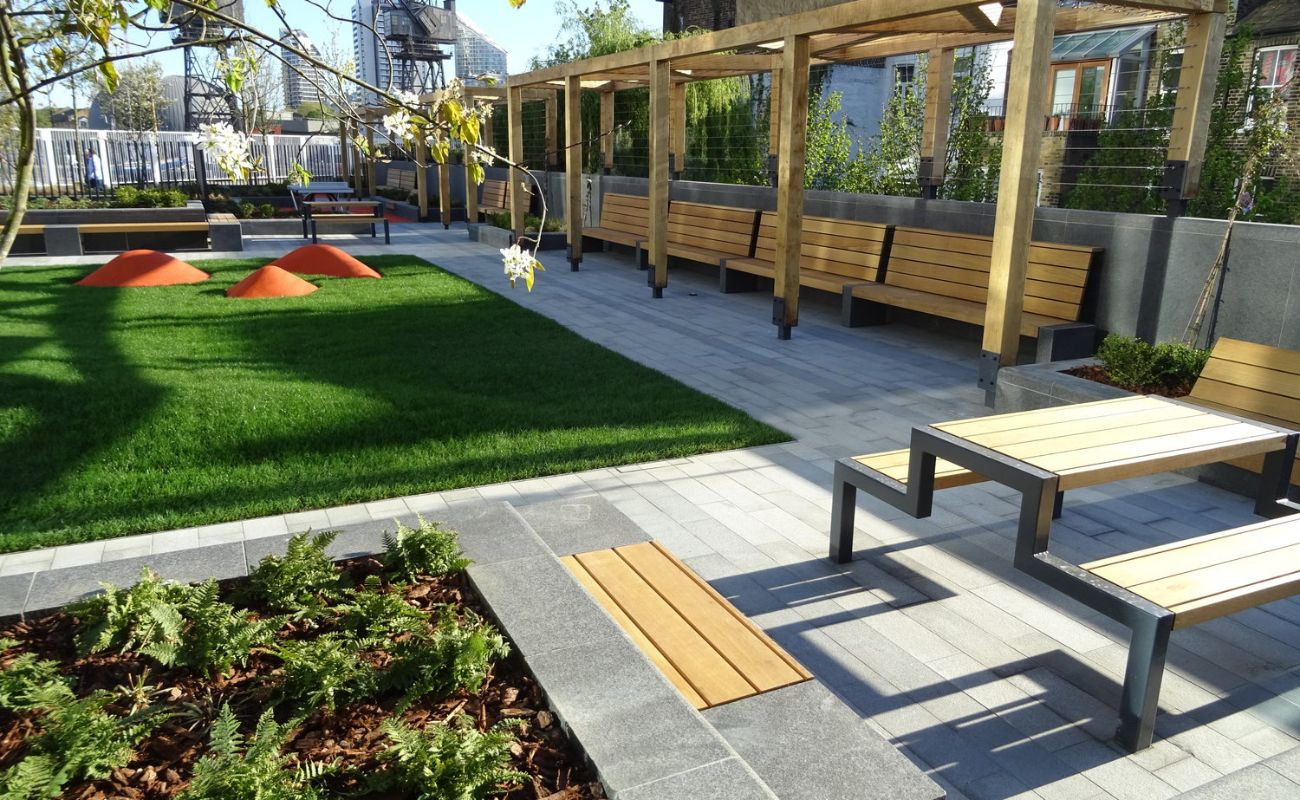
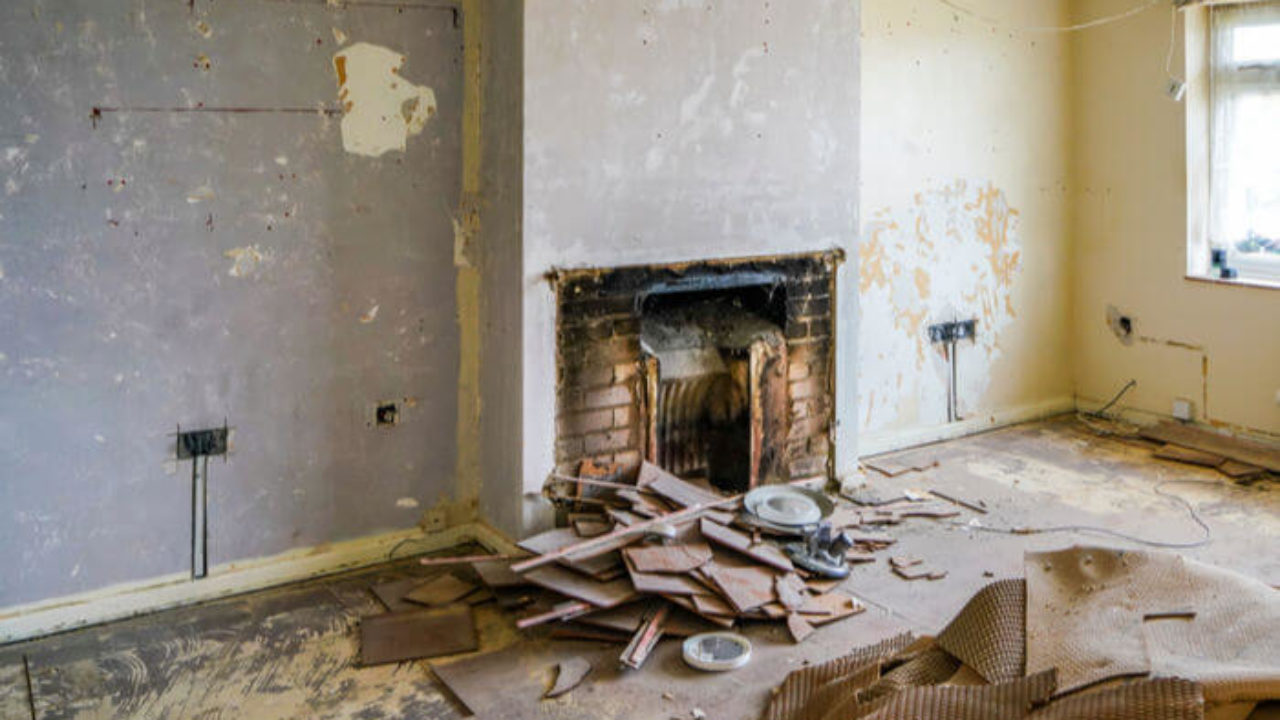
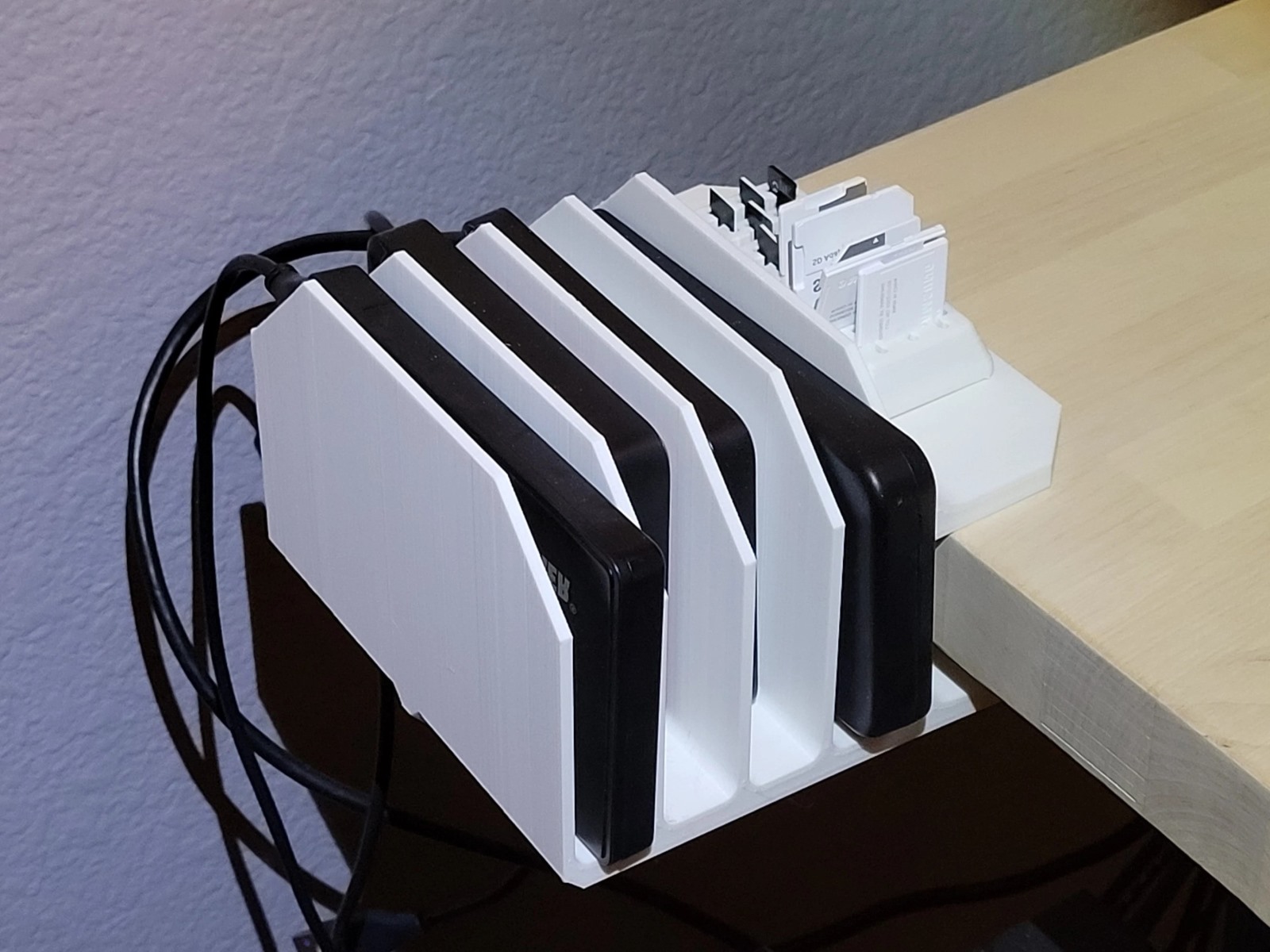


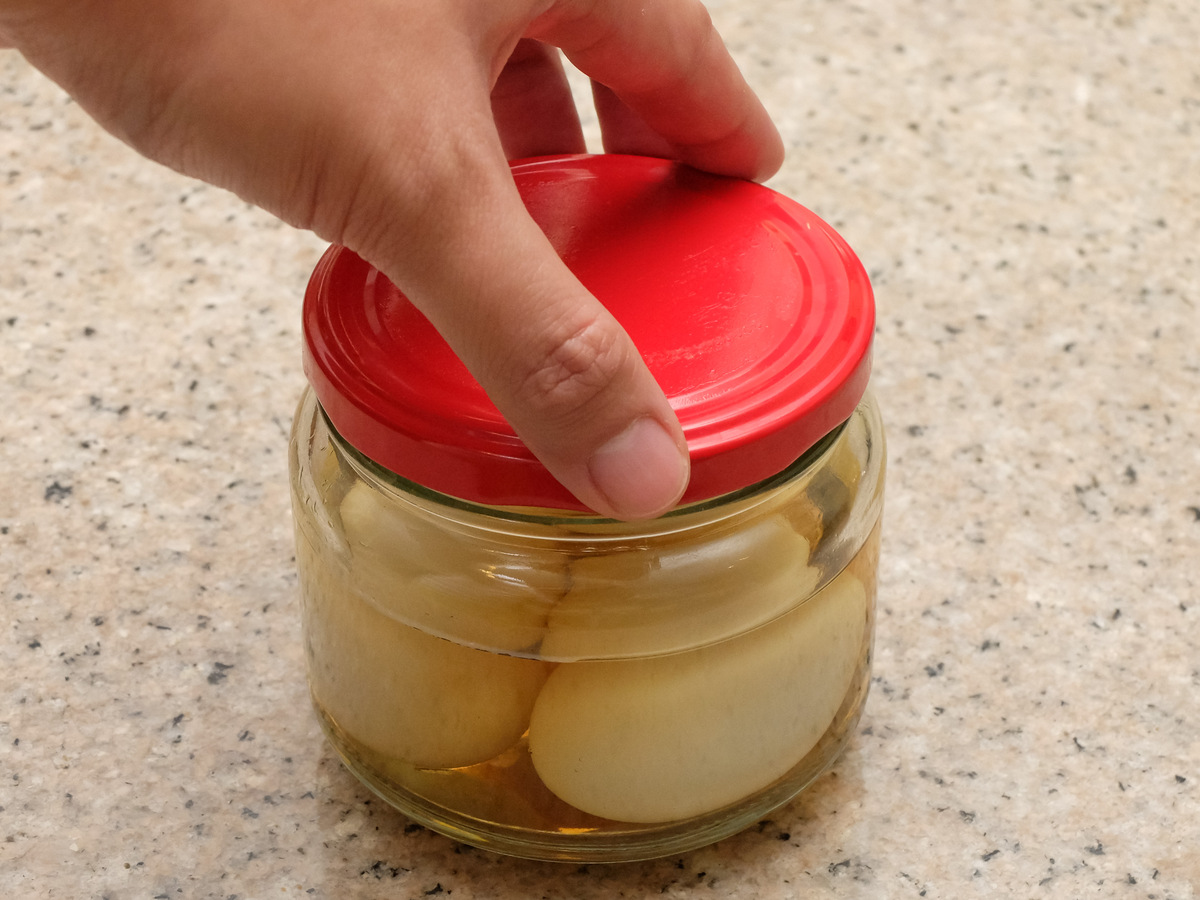
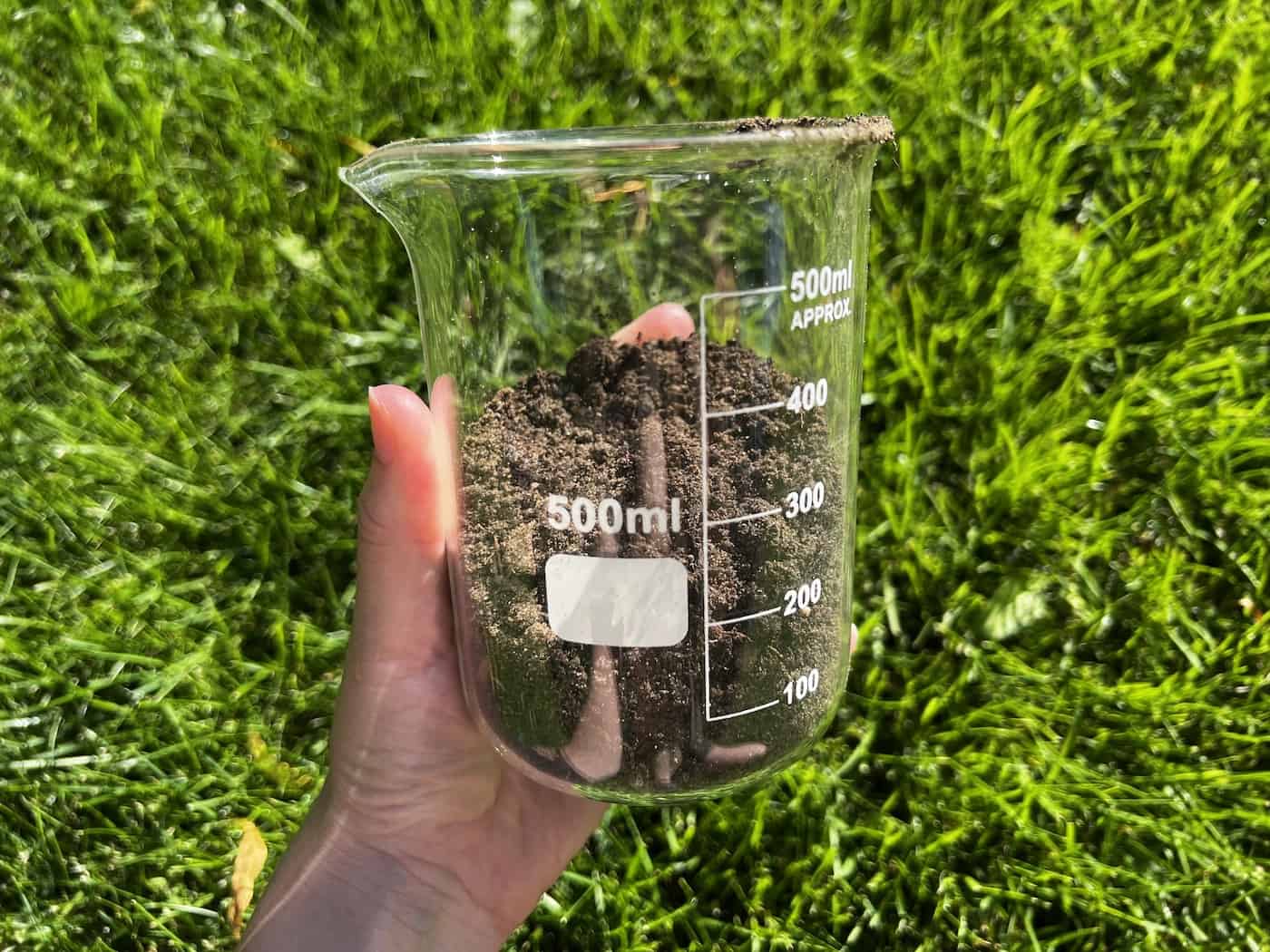

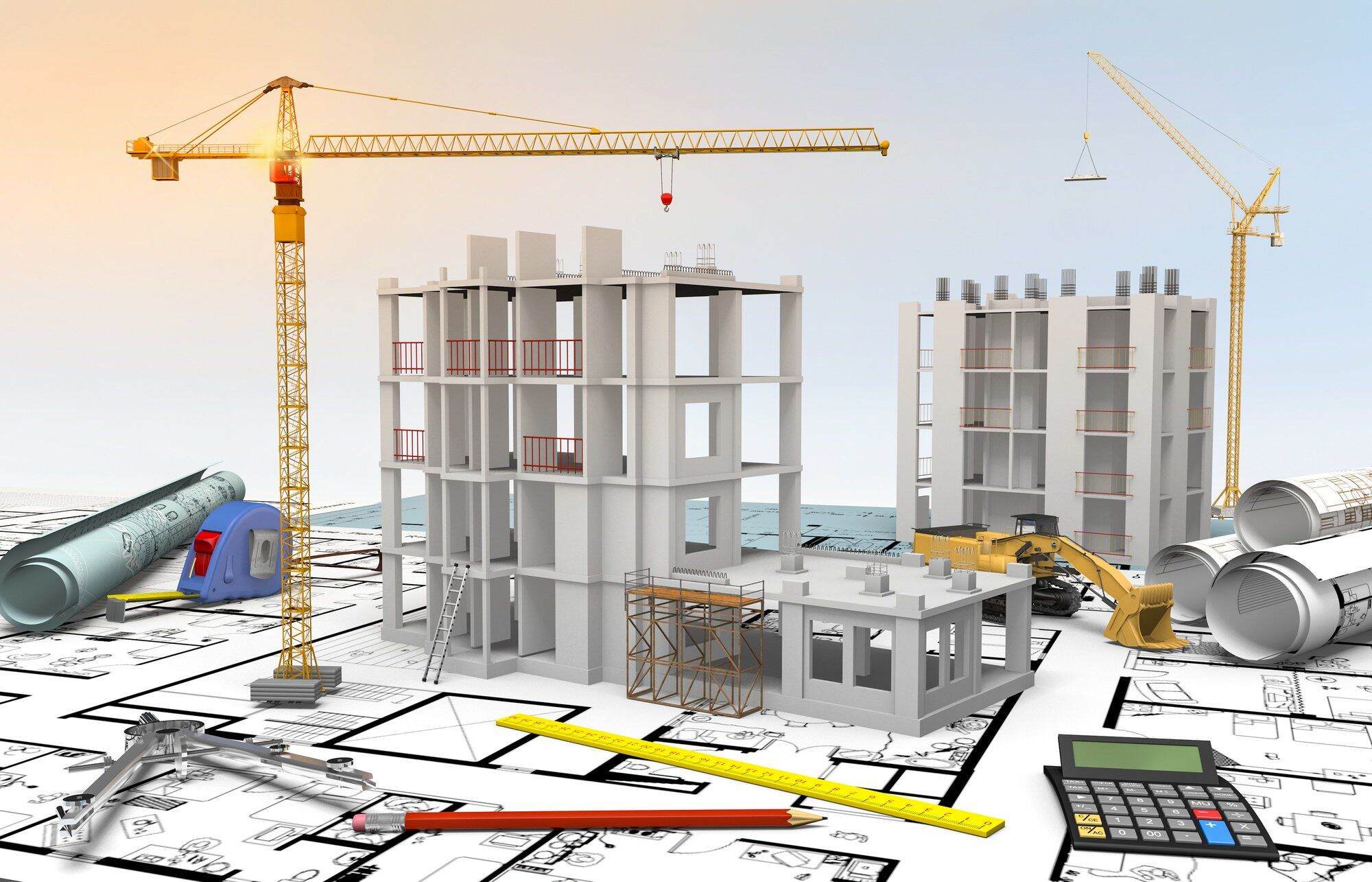
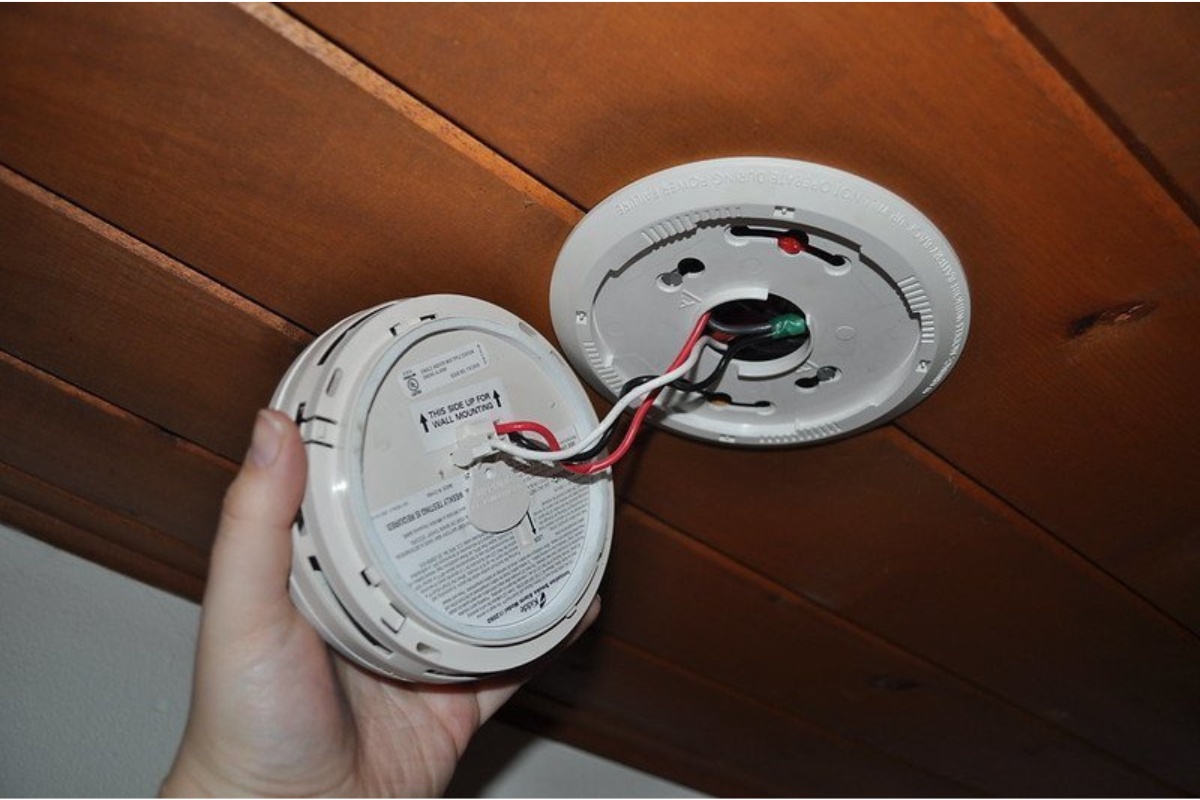
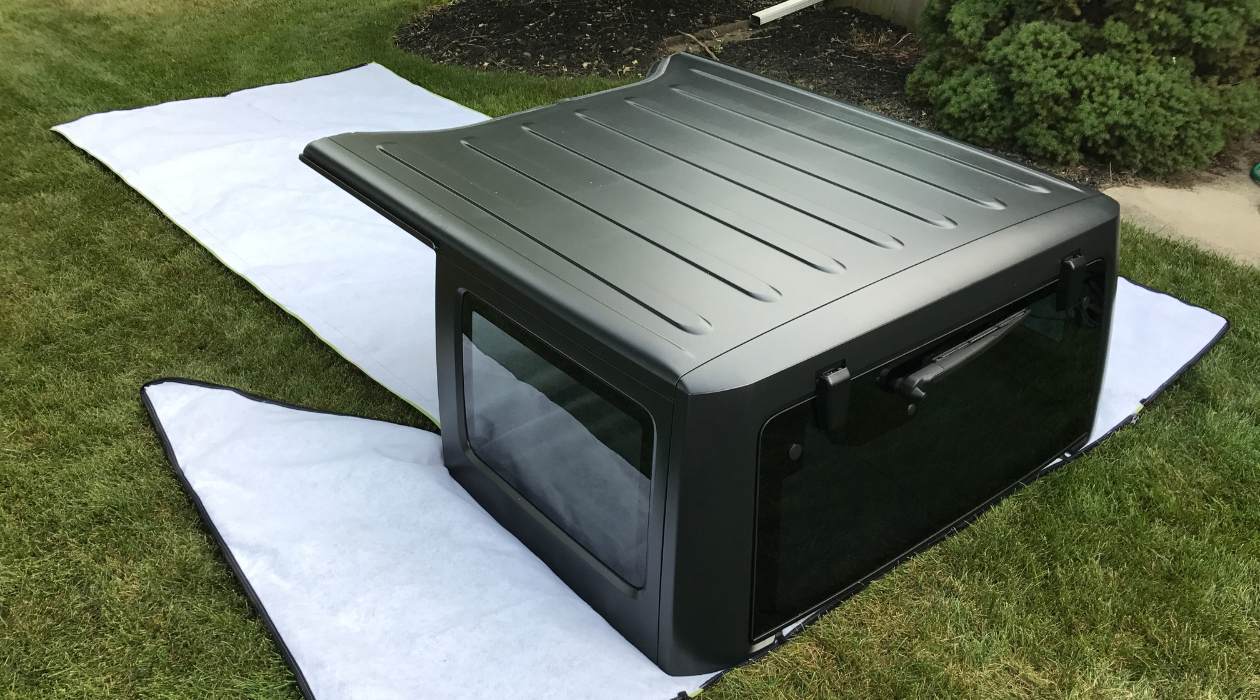
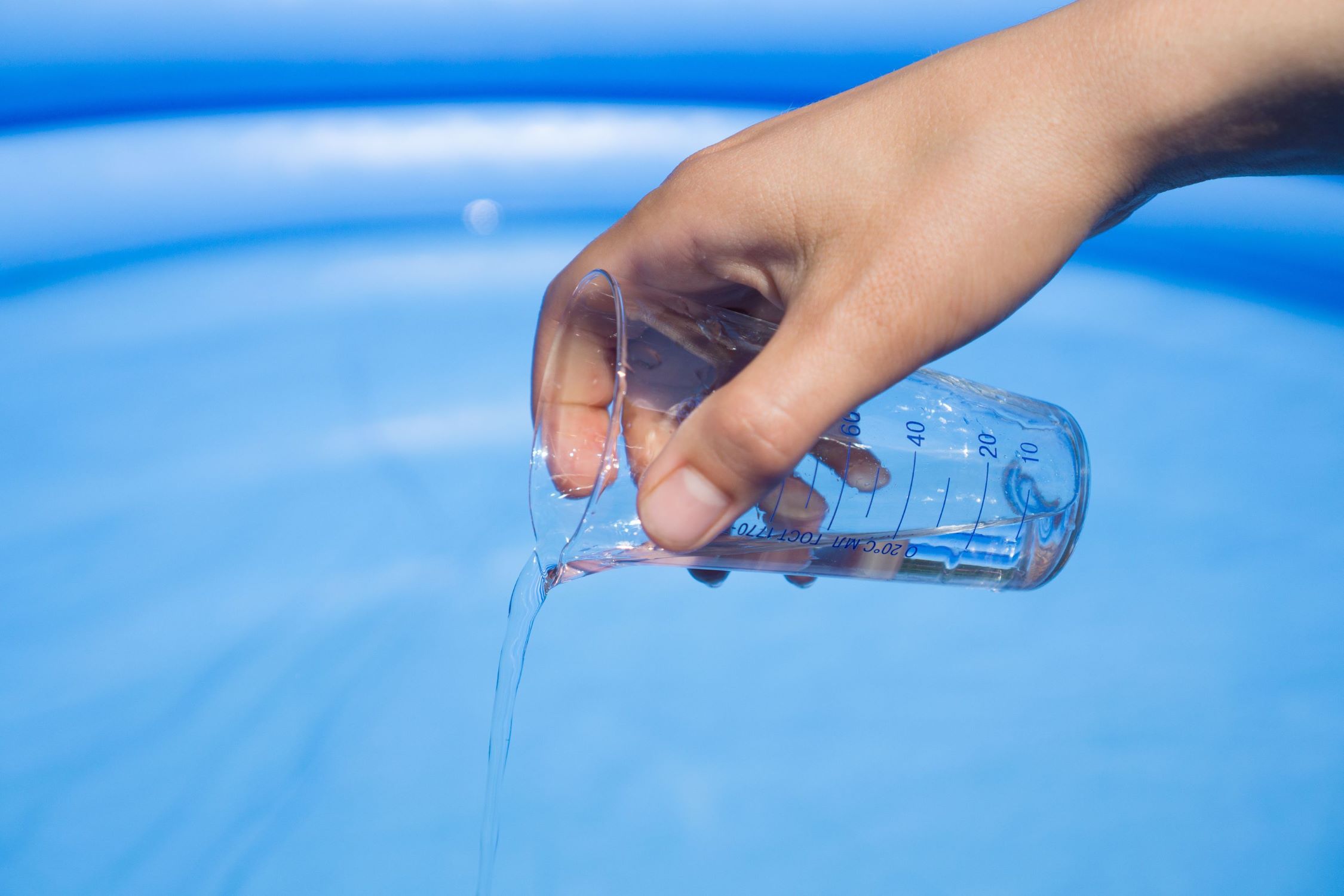

0 thoughts on “How Hard Is Plumbing”